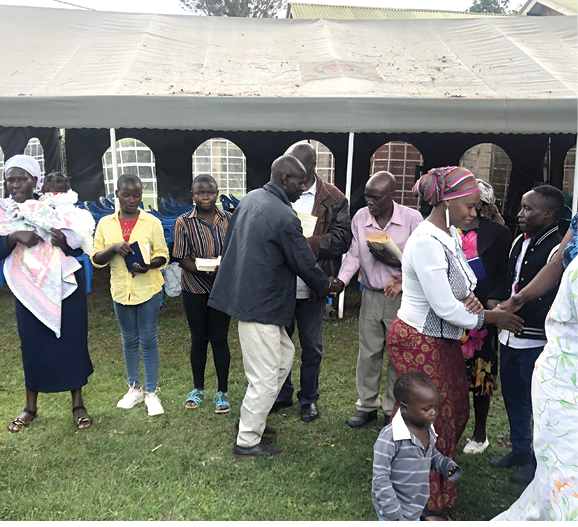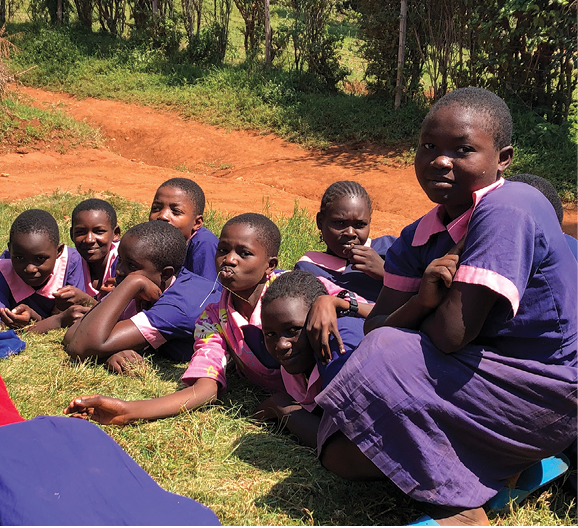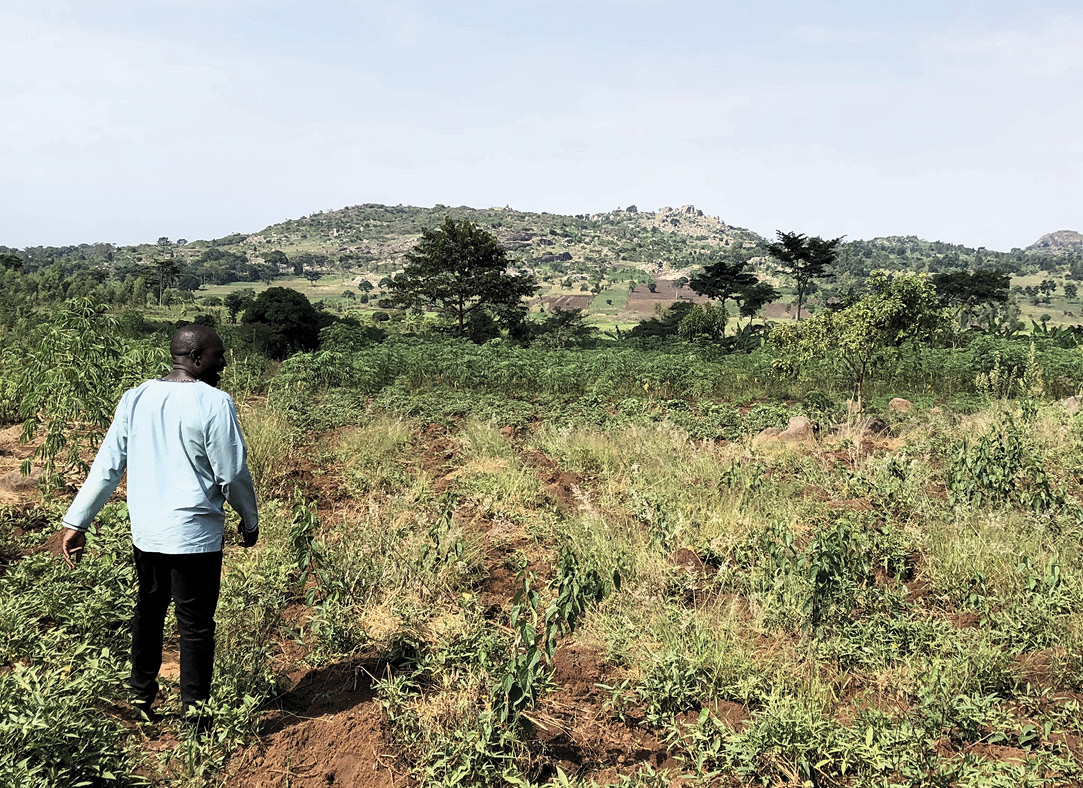In this series, those involved with CLC foreign missions profile one aspect of our overseas endeavors.
Are you someone who shows up early for church? Maybe you’ve been conditioned to arrive fifteen minutes early to most important events. Do you arrive at the last moment before the bell rings to begin the service? Perhaps you make it in time to find your seat while the opening hymn is still being sung. Could you imagine being thirty, forty-five, or even sixty minutes late for church?! Probably not, since you’d likely miss most, if not all, of the service. If you’re a member of the late-arrival crew, I want to let you know that you are not alone, although likely for very different reasons.
If you live in East Africa, something as simple as rainfall can set back your Sunday morning trek to church anywhere from thirty minutes to an hour and a half. Even if you are wealthy enough to hire a motorbike taxi to get to church, very few operate in the rain or will risk the slippery mud road soon after it rains. Your options are severely reduced. If you’re going on foot, the mud is just as treacherous, if not more so.
Public transportation by matatu is very much hit or miss on a Sunday, since many of the drivers and conductors are headed to their own churches. Matatus are large, sixteen-passenger vans, though they can accommodate many more people than that when passengers are forced into every cubic centimeter. The name matatu comes from the Swahili for “three,” since the initial fare that was charged when these buses were introduced into Kenya was three Kenyan shillings, or three pennies.
A typical Sunday morning at church in rural Kenya doesn’t involve a last-minute rush. While waiting for everyone to make their way to divine service, hymns are sung, conversations are had, and prayers are offered up. After the service is over, no one is in a hurry to go anywhere. It may be time to fellowship or share tea and more lengthy conversation.


We Americans might grow impatient, because we are eager to attend to all the additional Sunday errands and responsibilities that we need to fulfill before the new work week arrives. But such an attitude of impatience is rarely found in rural East Africa, especially on a Sunday. “There is no hurry in Africa,” the saying goes. For better or worse, nearly everyone lives up to that expression.
There is waiting involved in line at the bank, in the restaurant, the photocopy store, post office, and virtually any other public place. Most would tell you that you shouldn’t feel sorry for them. It’s during these times of waiting, delay, and slow trek or travel that bonds between family and friends are forged and fortified. You’ll notice that almost no one there wears a watch. That gives rise to another expression that you may have heard before: “Americans have watches, but Africans have time.”
Follow the example of your brothers and sisters in this part of the world. Rather than becoming frustrated at the delays which might throw your schedule off, practice patience. Take the time to forge and fortify bonds with your family members, fellow believers, neighbors, and even strangers. While waiting, join the psalmist in saying, “I will meditate on your precepts and fix my eyes on your ways,” (Psalm 119:15 ESV) and, “I wait for the Lord , my soul waits, and in his word I hope.” (Psalm 130:5 ESV)

is pastor of Holy Cross Lutheran Church in Phoenix, Arizona, and a visiting missionary to Africa.

